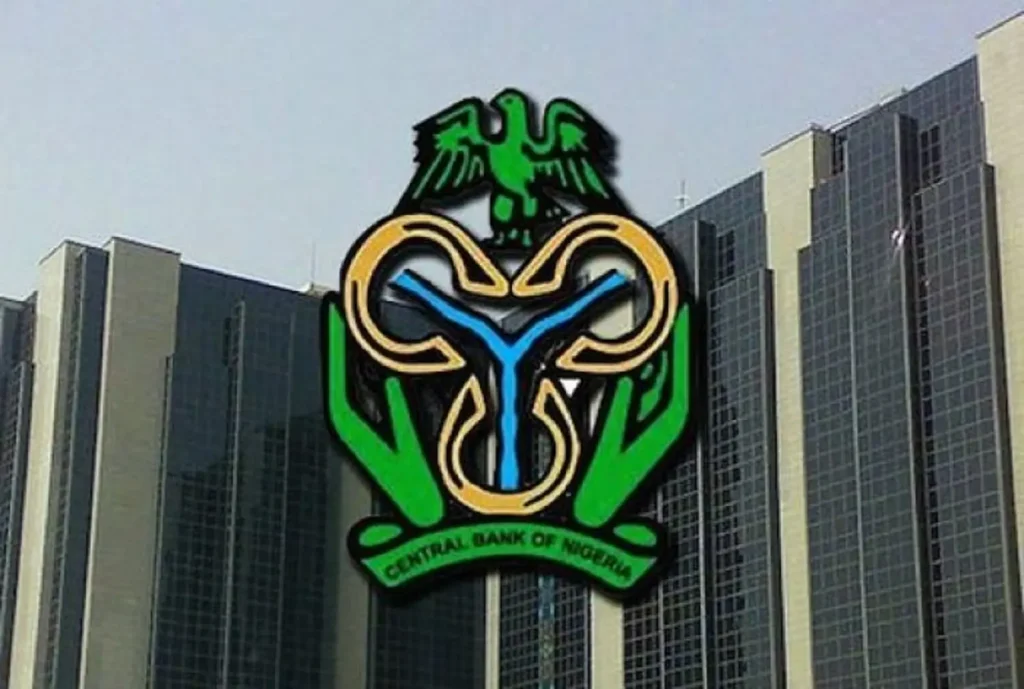The Central Bank of Nigeria (CBN) boosted interest rates by 200 basis points on Tuesday, from 22.75 percent to 24.75 percent, amid rising inflation.
The central bank announced this following the two-day Monetary Policy Committee (MPC) meeting held on Monday and Tuesday.
According to the National Bureau of Statistics, the country’s latest annual inflation rate increased to 31.70 percent from 29.90 percent the previous month, owing mostly to a steady rise in food costs.
The governor of the CBN, Olayemi Cardoso, revealed on Tuesday that the MPC resolved to alter the asymmetric corridor around the MPR by +100 to -300 basis points.
He stated that the committee voted to keep commercial banks’ Cash Reserve Ratio (CRR) at 45 percent while adjusting merchant banks’ CRR from 10% to 14%.

The committee also voted to keep the liquidity at 30 percent.
According to him, the committee’s thoughts focused on present inflationary pressures and the need to underpin inflation expectations while also ensuring long-term exchange rate stability.
“These factors highlight the importance of the ECB and its adherence to the price stability mandate, as well as the urgent need to bring inflation under control so that ordinary Nigerians’ purchasing power is restored in the short to medium term.
“Members highlighted the persistent rise in headline inflation, which was driven primarily by food prices due to supply shortages and the high cost of logistics and distribution. The committee concluded that addressing food insecurity is critical to reducing current inflationary pressures.
“On this issue, lawmakers welcomed the federal government’s continuous efforts to combat food insecurity. Some of these initiatives include the provision of various palliatives, the release of cereals from strategic stockpiles, the distribution of seeds and fertilisers, and the supply of farm implements for dry season farming. As a result, the committee recommended that the federal government’s agriculture policies and programmes be fully implemented to increase food supply, as well as broader fiscal consolidation, with a focus on improving tax collection and the tax-to-GDP ratio,” he stated.
Mr Cardoso stated that the committee will continue to monitor global and domestic economic developments to ensure that inflationary expectations are properly anchored in order to restore and sustain macroeconomic stability.
He announced that the next meeting of the MPC will be place on May 20 and 21.


